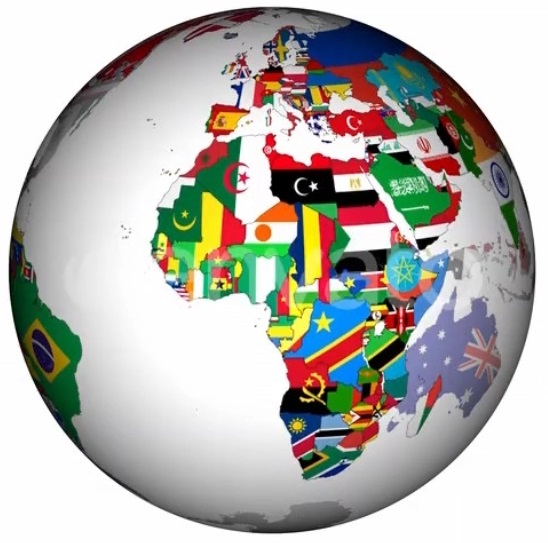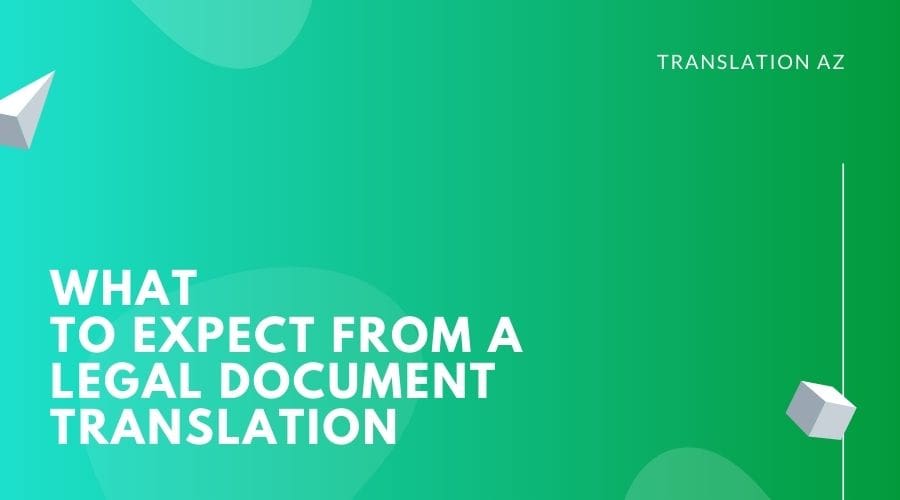Legal translation, like any other type of document translations, is the replacement of the source language with the target language within a specific legal document. However, legal translation is different because the law is culture-dependent. It has to do with content and terms within the legal system prevailing in the country where the source document originated.
Choosing the right translation agency can help you get the right translation service, so look carefully while hiring the best translation agency.
As the world becomes more globalized, the need for legal translation escalates, therefore the differences in legal systems make legal translation very complex.
Legal document translations
Legal document translation is more complex (and arguably more important to get exactly right) than “standard” translation, which typically refers to straightforward documentation like technical manuals.
Translating legal documents includes contracts, corporate or government proposals, court transcripts, confidentially agreements, laws, witness statements, regulations, wills and testaments, birth certificates, legal briefs, immigration documents, decrees and notary documents, among others.
The professional translators should have a legal academic background and an in-depth knowledge of both the target country’s legal system and the legal system of the source country in order to deliver an accurate legal translation. If you want to outsource the translation process, we advise you to look for a professional translation agency that can provide a complete range of language solutions.
In the legal field, interpreters are often asked to facilitate communication between persons of other nationalities and the institutions of the state in which they are located. These may be processes in which defendants or witnesses are speakers of other languages. Or there are situations in which persons of other nationalities need to enter into dialogue with the state authorities. Such situations have human implications, besides the legal or the judicial ones. Those in need of an intermediary to communicate, also need a reliable, competent and capable person to conduct a coherent and successful dialogue.











